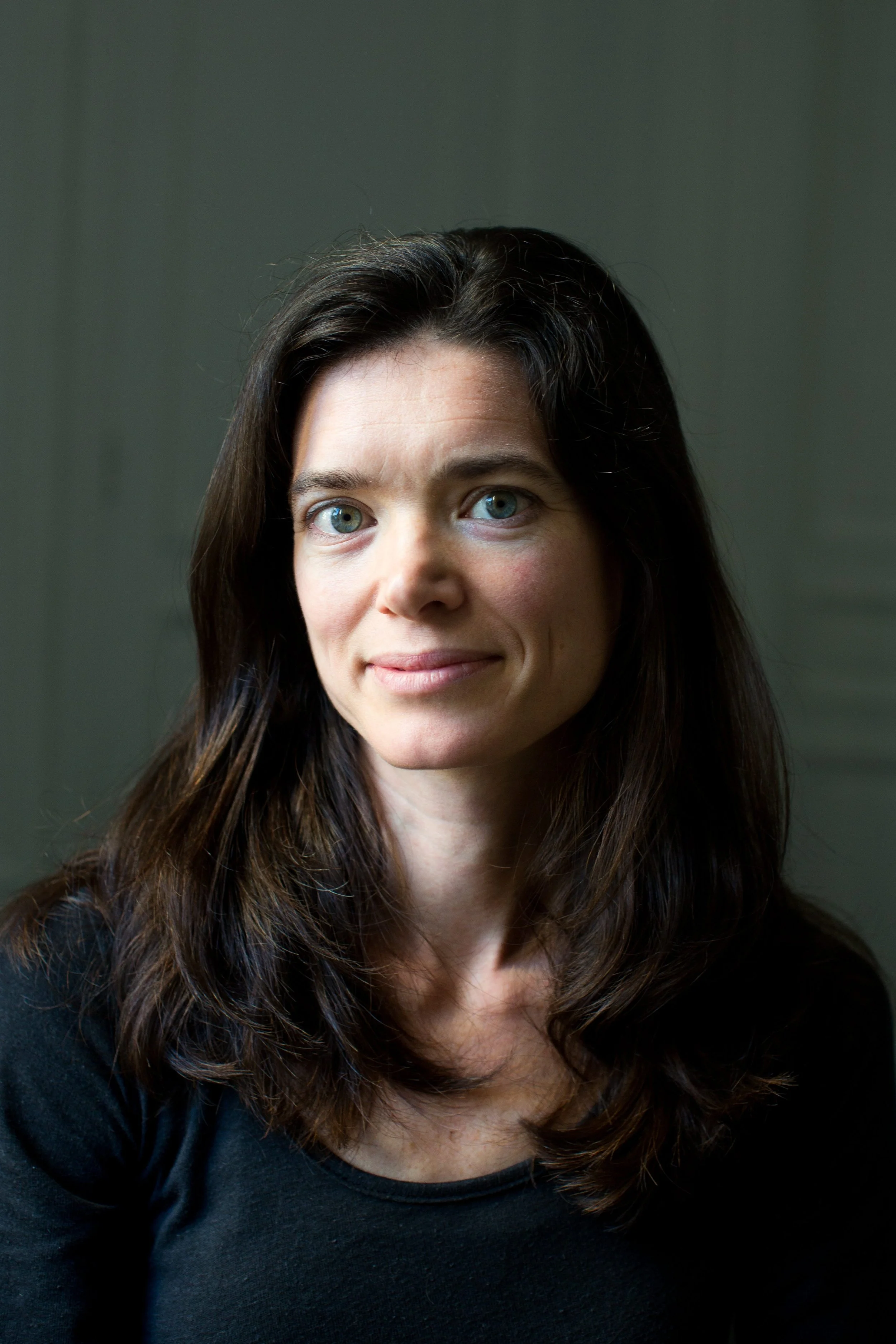Get to know our Venture Partner Molly Webb
Molly Webb, Venture Partner at Conduit Connect grew up on a farm with an environmental mission, navigated the dotcom boom, and now leads Energy Unlocked, focusing on innovation in energy transitions and climate tech. Molly's career highlight was shaping the ICT sector's climate agenda at The Climate Group. She's passionate about bridging disciplines and inspiring the next generation of climate leaders. Despite challenges, Molly remains driven to embed climate action across professions and engage citizens beyond consumer choices. Her advice? "Don't be so hard on yourself."
Tell us a little bit about your background?
I grew up on a farm with an environmental education mission. I started my career in the dotcom boom in 1999 and went on to do an environmental policy masters degree in 2003 which brought me to London (LSE). I always wanted to work on how we could create new solutions that outpaced the old, rather than fighting the existing system, which led me to focus on what I knew best, which was the IT and telecoms industries and their role in climate change - both the carbon ‘footprint’ of IT including data centres back before the AI hype, and the enabling role in solving climate challenges such as smart grid, smart cities, buildings and transport. Since setting up Energy Unlocked in 2015, I’ve focused on the innovator agenda in energy transitions, and how we can bring startups and new solutions to market or influencing policy conditions for innovation in energy. Much of my work has focused at city level where policy, planning, market design and implementation meet. I also have experience with startups on boards and in founder roles.
What has been your greatest success to date? And your greatest challenge?
In 2007 when I joined the International NGO, The Climate Group, I had the wonderful opportunity to develop a sector-wide approach to ICT (smart technology) through working with really inspiring industry leaders in defining their climate agenda. I felt that as an organisation, we were successful in helping to influence an industry narrative that would go on to shape company and government policy.
The biggest challenge has been to set up outside of more established organisations and be more entrepreneurial in how I work. The benefit is that I can do what I love, which is to work at the intersection of different disciplines or policy areas to challenge established thinking, but it can definitely feel isolating at times.
What led you to work in the impact space?
I have always been mission-driven in my work. My parents always encouraged me to follow what I was passionate about and to travel and pursue learning opportunities. I can’t work on something unless I feel it has impact, and I feel lucky that I’ve been able to make a living doing it!
What are you most excited about in the impact space currently?
I also am most hopeful when i see people take whatever profession or work they do and find ways to work on climate within their own fields. The more we embed climate action into every field, and the more we bring every discipline and expertise to bear on climate challenges, the more we’ll create change. I do feel that we’re at a new turning point where younger people aren’t satisfied with the pace of change on issues that they care about, and I don’t blame them. Young people really inspire me to keep working and to keep learning how to do better.
What are the key things you look for when carrying out diligence on a climate tech company?
I don’t think we’ve yet reached the turning point where it is possible to truly run our economies in a way that accelerates decarbonisation rather than incrementally doing less bad. So I’m looking for companies that have deep knowledge of their sector and/or teams that have real tenacity and survival instincts. Timing is everything and even with the best laid plans, there are still regulatory and geopolitical events out of the control of startups that require them to make the most of circumstances that come their way.
What would your advice be regarding the proactive measures the general public can action to positively contribute to in bettering the climate and planet?
It is so frustrating to be forced into being a consumer and feeling that some days it is possible to make the ‘right’ choices and sometimes it isn’t. So exercising our roles as citizens can be really rewarding - voting, informing yourself about local issues that matter in your community.
What’s one piece of advice you would give to your younger self?
“Don’t be so hard on yourself!”
What’s the worst piece of advice you have received during your career?
“Stay in the job you’re unhappy in just a little longer because it can only get better from here.”
When you were a child what did you want to be?
A ballerina and a singer!
As our resident expert in Climate, how has your experience been as a VP of the Conduit Connect?
I learn a lot from the Conduit team and other VPs and I love getting to meet startups. I hope that the process of asking startups lots of questions from different perspectives makes it more likely that they succeed in creating the impact they are striving for. It is inspiring to be part of this network.


